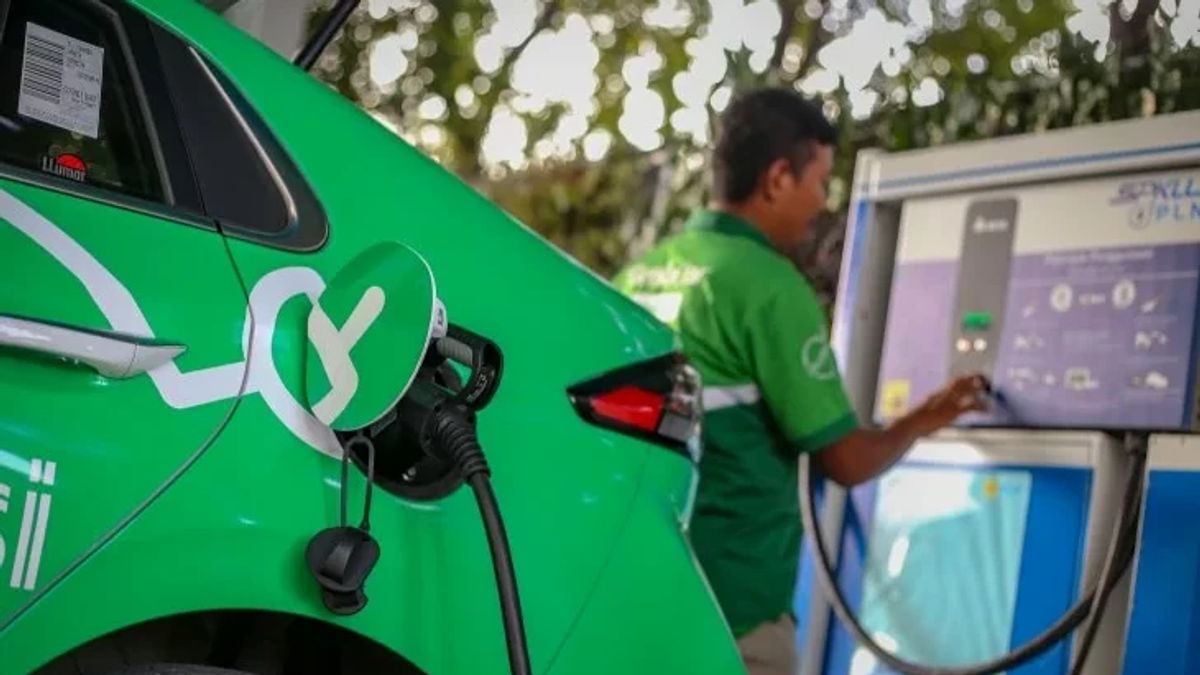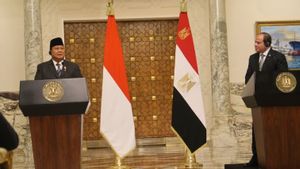JAKARTA - The Committee for Handling Gasoline Elimination (KPBB) reminded the government for the option of incentive and disincentive mechanisms based on the performance of reducing vehicle carbon emissions proposed by KPBB since 2013. this option is when the government initiates low-carbon vehicle fiscal incentives (LCEV, Low Carbon Emission Vehicle) in the discussion of the draft PP Number 41 of 2013.
The option is called fee/rebate fiscal scheme or incentive/disincentive fiscal scheme base on Carbon emission reduction performance. Where, this option is also like making rules for electric vehicles.
KPBB Executive Director Ahmad Safrudin said, in this scheme, the government must first set a standard for motorized vehicles (grCO2/km) that must be obeyed by all motor vehicle manufacturers, regardless of technology (BEV, HEV, PHEV, FCEV, ICE, HICEV), so that technology discrimination does not occur.
Second, the government sets vehicles that meet carbon standards, so they are entitled to fiscal incentives, but on the contrary vehicles that do not meet carbon standards, must be willing to collect carbon excise whose amount depends on the level of carbon emitted by the vehicle.
"Unfortunately, the government is pragmatic by only setting incentives for KBLBB2 with the best current carbon emissions performance, so that an electric vehicle incentive policy is issued, while vehicles with high carbon emissions are not subject to sanctions," he said, citing a written statement, Monday, April 10.
"Of course, the policy is not wrong, but it is not complete and burdensome to the state budget and is threatened with sustainability regarding funding sources," he concluded.
Previously, the General Chairperson of MTI Damantoro reminded that fuel subsidies had reached Rp500 trillion or far beyond the education, health and infrastructure development budgets for community welfare.
Meanwhile, on the other hand, Indonesia has committed to the world to achieve net zero emissions by 2060 or sooner, whose main strategy is the energy transition from fuel to electricity through the conversion of vehicle technology from fuel vehicles to electric vehicles (electric Vehicles-EV).
The transition from fuel energy, which is currently subsidized by hundreds of trillions, is not an easy policy choice and in the future the government must have a way to reconcile it.
"Don't let it happen again, the development of EVs which is very important for the energy transition has failed due to government policies that are not holistic and continuous," said Damantoro.
The English, Chinese, Japanese, Arabic, and French versions are automatically generated by the AI. So there may still be inaccuracies in translating, please always see Indonesian as our main language. (system supported by DigitalSiber.id)













